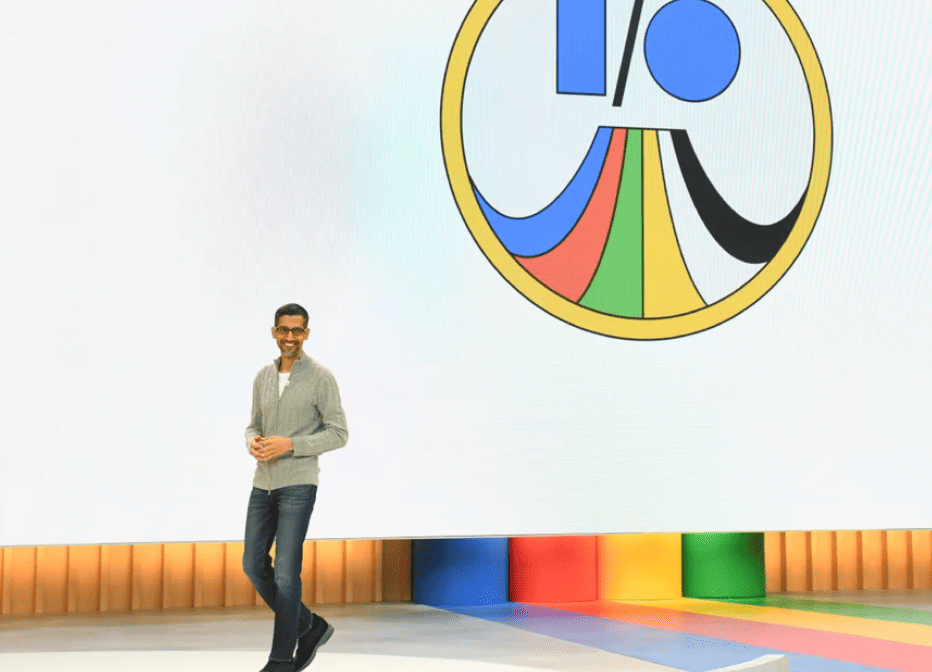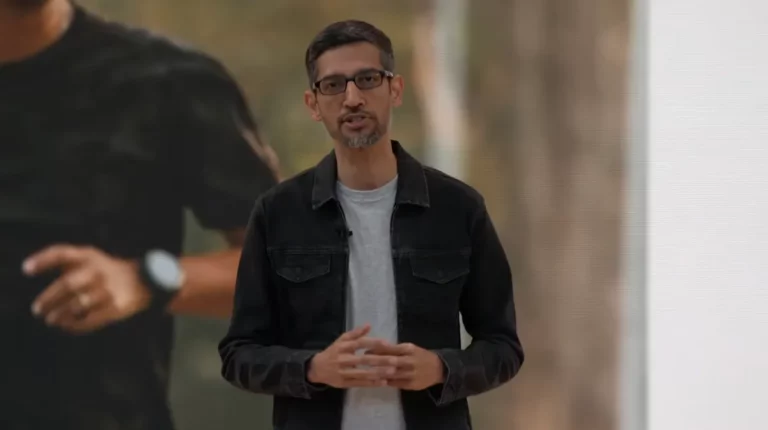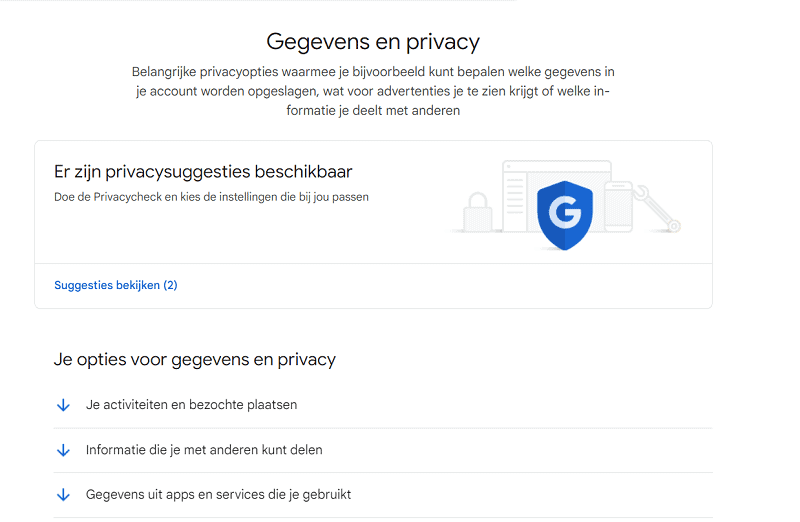Google’s privacy controls is so unfathomable that even CEO Sundar Pichai cannot explain it. This was revealed in testimony in a class action lawsuit against the tech giant.
A recent witness statement in the long-running class action lawsuit “Rodriguez v. Google” shows that Pichai is unable to explain this privacy control functionality, Ars Technica writes.
The lawsuit revolves around Google’s “Web & App Activity” privacy checkbox. This would allow users to prevent Google from storing user activity on its own servers. According to the plaintiffs, this would not be the case.
Google remains extremely vague in its functionality descriptions about how the privacy checkbox actually works and whether or not user activity is stored.
Pichai doesn’t know either
Previous evidence shows that Pichai doesn’t know the ins and outs of this functionality either. In testimony to the U.S. Congress, the CEO indicated that within the My Account settings, users can clearly see what information is collected and stored by the tech giant. By this, the CEO is clearly referring to the Web & App Activity control feature.
This is notable, as the founder of Google’s Privacy and Data Protection Office had previously indicated that he was not aware of any setting that users can apply to ensure that Google collects data related to their app activity.

Google’s continued vagueness
Google also continues to “obfuscate” further the clarity around collecting end-user data and providing options to prevent it. The tech giant provides little or no information on how, for example, third parties and (ad) SDKs collect end-user data through its platform.
In addition, the Web & App Activity page does not indicate what information is collected by Google, as Pichai claims. The “Web & App Activity list” only lists Google products that users have worked with recently.
Furthermore, Google vaguely describes on its Web & App Activity page how data from end users is used and provides no further insight into, for example, reselling this data for advertising opportunities. In its words on the page, the tech giant indicates that the Web & App Activity button stops all Google tracking, but this, Ars Technica argues, is not the case at all.

